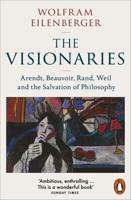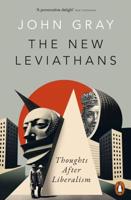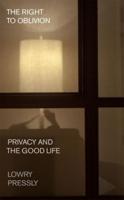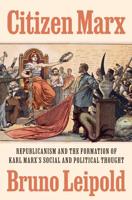Publisher's Synopsis
One of a pair of books selected from Stanley Rosen's career as a philosopher, scholar, and teacher over the last half of a century. They represent both the vast range of his learning in the most important philosophers of the tradition and the daring and penetration of his exploration of the fundamental philosophical questions. Yet the essays are written with an accessibility that is an expression of Rosen's thesis that our ordinary experience and speech provides the only stable ground for understanding and evaluating extraordinary thought and experiences.
Rosen proposes that only a qualified Platonism in which the preservation of the link between the good and the rational on the everyday level was preserved on the philosophical level, can do justice to our experience of ourselves. The notions of form and intuition play a central role in his proposal to preserve the spontaneity of the soul and the heterogeneity of its objects.
The essays were originally written for a variety of purposes: there are panoramic reviews of his philosophical intentions, intricate analyses of fundamental problems, challenging interpretations of classical texts, reviews of other authors, and informal commentaries on the state of philosophy in our time. Taken together these essays provide a key to the some of the most decisive questions in philosophy and a valuable explication of some the central themes of Rosen's work.
The essays were selected from articles, chapters, and unpublished lectures that were composed over the last five decades. They are distributed into two volumes by their focus upon ancient and modern themes, a convenient division that is not meant to imply a doctrinal chasm. On the contrary, it is one of Rosen's arguments that those who wish to preserve ancient wisdom are best served by the demonstration of the both parties address the same essential human nature, however much the practical and theoretical demands differ from epoch to epoch.










